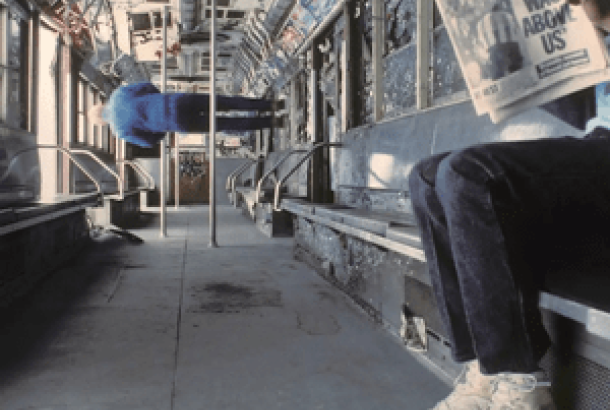Top 5 songs: Forgotten New Wave Classics
By Dan Whiteley
1. Rush Hour by Jane Wiedlin
The Go-Go’s guitarist’s lone solo hit, ‘Rush Hour’ is one of the New Wave era’s finest singles, with a driving beat, sunny synth fanfares and a then-obligatory piddly guitar solo. Also, THAT chorus.
2. Big Area by Then Jerico
Once touted as the next stadium rock gods, time has since consigned Then Jerico to bargain bins the world over. Nevertheless, ‘Big Area’ holds up surprisingly well, in a dated and cheesy kind of way.
3. Great Southern Land by Icehouse
80s pop at its best from one of Australia’s most underrated bands – chugging guitars and lush, atmospheric keyboards give a cinematic feel to this ode to the outback.
4. Bitter Heart by Seona Dancing
Fun fact: Ricky Gervais was once fronted a New Romantic duo. They didn’t last long, but this brooding single gives a fun glimpse into what could have been. Note Gervais’s Bowie-esque delivery.
5. Shattered Dreams by Johnny Hates Jazz
One hit wonders Johnny Hates Jazz found fleeting success in 1987 with this fine piece of sophisti-pop, carving a sound somewhere between The Police and the Style Council.







